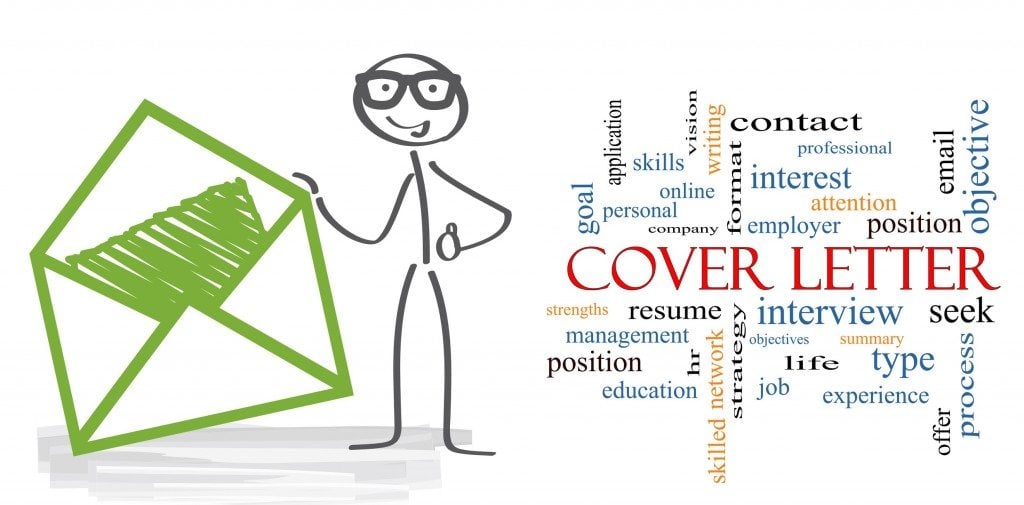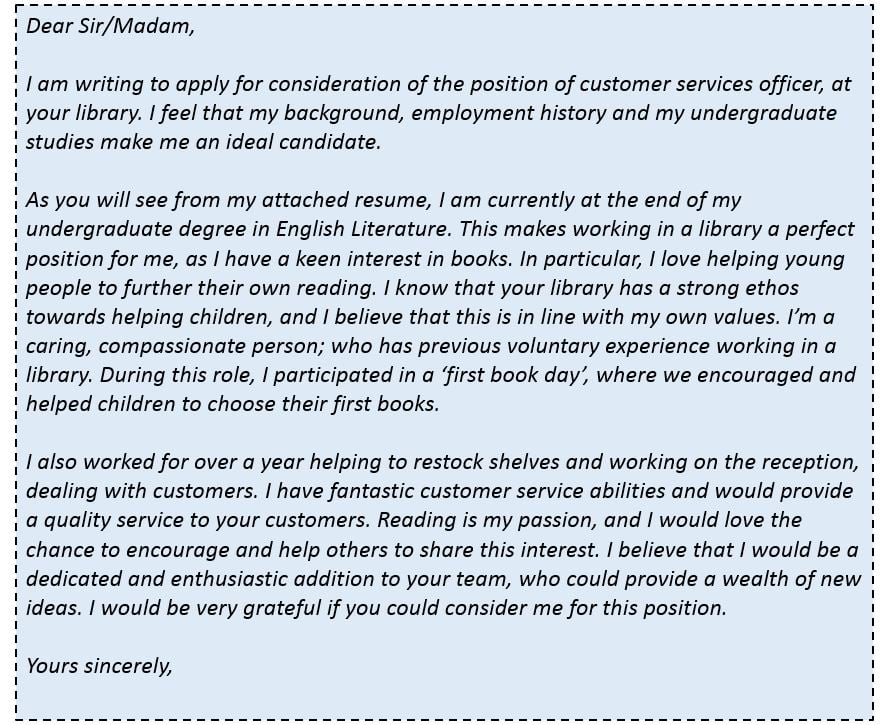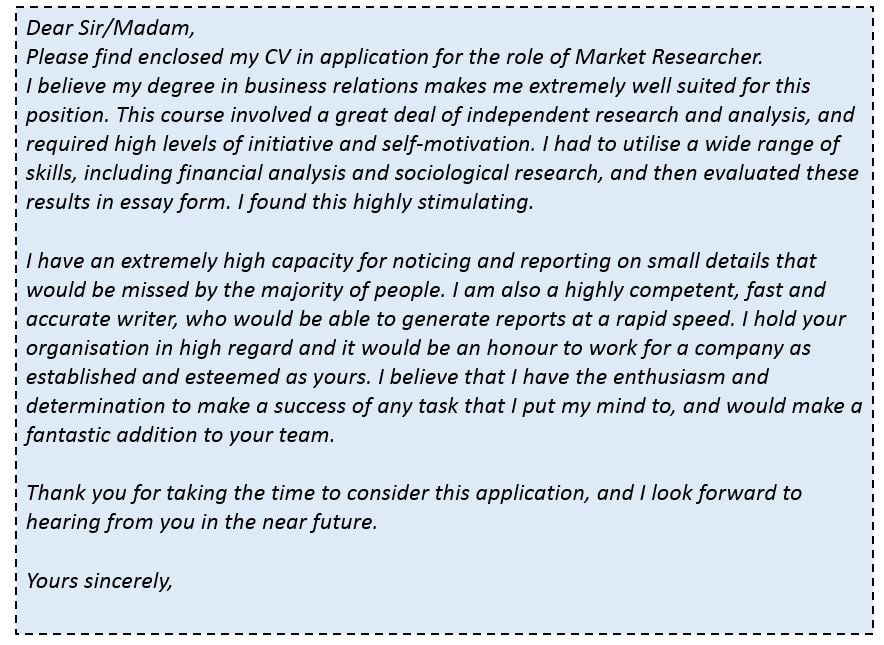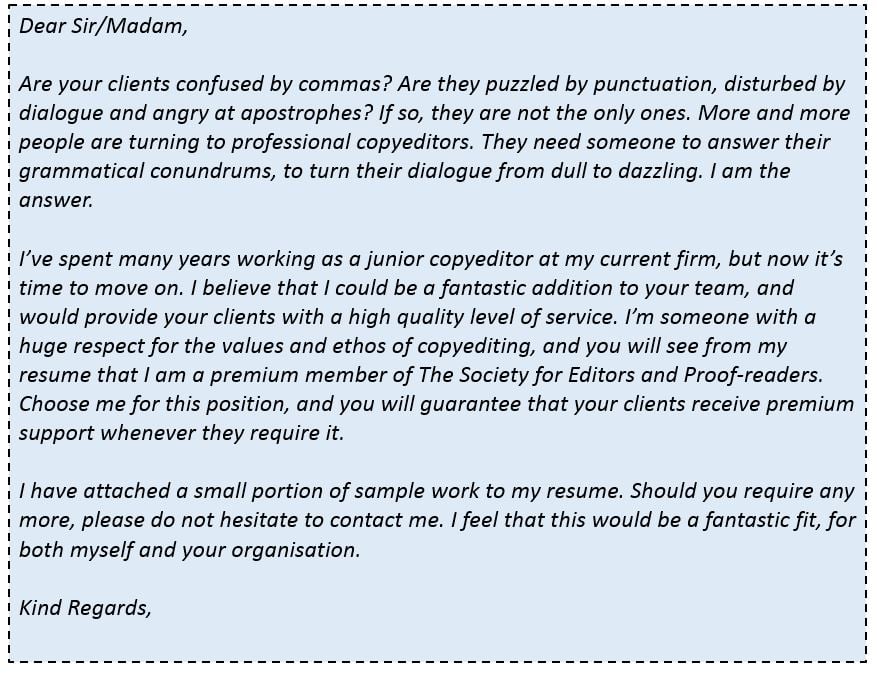
When applying for jobs, one of the most important things to consider is how to construct your cover letter. A cover letter serves as a written introduction to your resume, which helps the employer to get to know you on a more personal level. In your cover letter you should include your skillset, why you are applying for the role, why you have chosen to apply to this particular company and your interest in the industry. It is also a great idea to include any past related work experience or previous employment history that you might have.
There are many ways to approach a cover letter. The most important thing is that you demonstrate to the employer that you are interested and sincere about joining their organisation. In this blog, we’ll show you 3 cover letter templates, to help you get your dream job.
The General Approach
Let’s start with the general approach. This is the most common, easy to use form of cover letter. It is simply a letter that introduces yourself and your skills to the employer. It focuses upon your personal qualities, as much as it does your skillset. This type of cover letter works well for the majority of jobs.
Below we have included a sample cover letter template. In our example, we are applying for a job at a library:

The Brief
This type of cover letter is exactly what it says in the title. It is a brief of your skillset and the abilities you could bring to the organisation. This type of cover letter is best suited to organisations such as law or accountancy, where the employers are not looking for creativity.
Below we have included an example cover letter template. In our example, we are applying to the role of market researcher:

The Creative Cover
This type of cover letter is more of a risk, but is aimed at industries where your role will be more creative. It shows the employer that you are an innovative, interesting person who can think outside of the box. The key to this type of cover letter is to find the right balance. You don’t want to turn the employer off by being too out there. The way you approach a creative cover letter will be down to you. You can either change the structure, or the style of the writing itself.
Below we have included an example cover letter template. In our example, we are applying for a role as a copyeditor:
Now that you’ve seen some examples, take a look our list of top tips for writing your cover letter.
Cover Letter Top Tips
- Avoid rewriting your CV. It’s really important that you don’t just repeat information from your CV. Remember that this is an introduction to your resume, and should therefore introduce the key themes.
- Talk about the company. Make sure you research the company thoroughly prior to writing your cover letter. Tell them what it is about the organisation that has attracted you, and what you think you can offer them.
- Provide evidence. Don’t just list your qualities, provide evidence to back them up. For example, in our first cover letter you can see how we talked about how the library values working with children, and then highlighted an example of how we have done this in the past.
- Use keywords. Keywords are a great way to attract employers. They make your application stand out and will immediately draw attention to your cover letter. Use words such as ‘skilled’ ‘enthusiastic’ ‘determination’ and ‘dazzling’ to make yourself seem like an outstanding candidate.
- Spelling and presentation. This is fundamental. Before you submit any cover letter, you should print it out and hand it to friends and family to check through. If your cover letter is littered with spelling and punctuation errors, it will look sloppy and the employer will be likely to reject you. You need to demonstrate the same level of care and quality in your cover letter as you would whilst working for the organisation.


